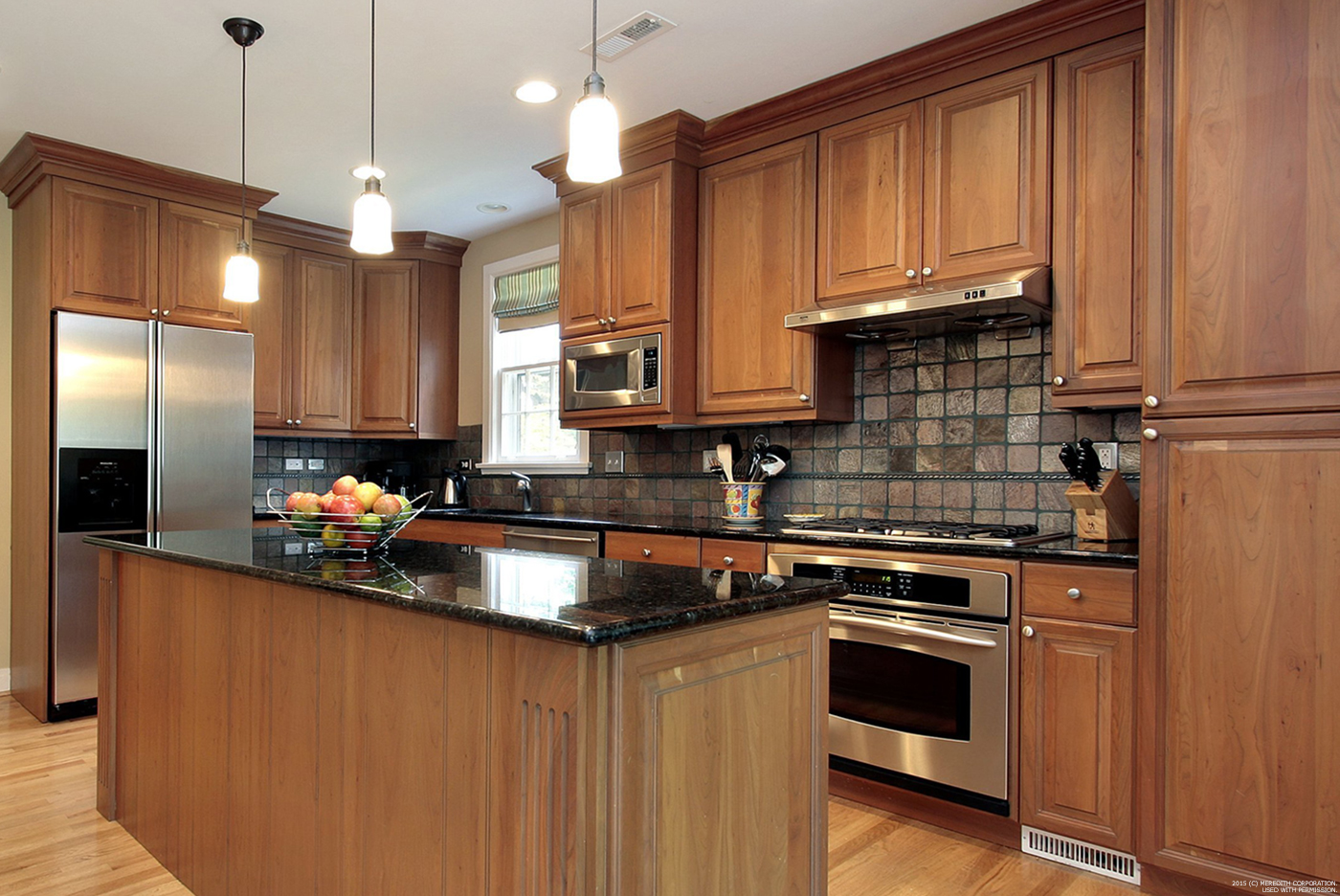Are you ready to renovate your home—but wondering whether your project will pay off when it’s time to sell? Check out our tips for recouping your investment, increasing your home’s value and ensuring you make a good sale when it comes time to leave your current home.
 Remodeling and renovating your home can be a huge expense. And whether or not you eventually recoup your remodeling costs varies greatly depending both on the project and on where you live.
Remodeling and renovating your home can be a huge expense. And whether or not you eventually recoup your remodeling costs varies greatly depending both on the project and on where you live.
Some projects unequivocally add significant value to your home. A new kitchen, for instance, is universally regarded as giving homeowners the most bang for their remodeling buck.
“When buying a home, people will overlook a lot,” says Sharon Hanby-Robie, an interior designer and realtor based in Lancaster, PA, and author of My Name Isn’t Martha But I Can Renovate My Home. “But an old or run-down kitchen will really hurt your resale value.”
So go ahead and spend a little extra, particularly if you expect to sell your home within a few years. As a guideline, Hanby-Robie suggests spending 20 percent to 25 percent of your home’s value on the kitchen. That may sound like a lot (and indeed it is), but according to Remodeling magazine’s annual “Cost vs. Value” study, kitchen updates consistently outperform bathroom projects, regardless of cost.
Remodeling—while driven by your own tastes—also has a lot to do with keeping up with the Joneses. In other words, how much you recoup essentially depends on what your neighbors value. For instance, the “Cost vs. Value” study found that a major kitchen remodeling project pays off least in the Midwest, where homeowners recoup less of what they spend on the project. Compare that to the East, where homeowners generally can add back over 75 percent their project costs onto the sale price of their home.
Keep in mind how your community might be changing before undergoing any major renovations, Hanby-Robie suggests. Middle-aged or older homebuyers are generally willing to pay a premium for good kitchens or a beautiful first-floor master suite. Younger homebuyers, she says, are more concerned that there are enough bedrooms, bathrooms and a kid-friendly yard.
Also, don’t pay for renovations you don’t need. The trend in kitchens has been to install commercial appliances. But if you’re not a gourmet cook, you won’t see much benefit. And if your potential homebuyers aren’t gourmet cooks, they won’t be willing to pay extra for your fashion choice.
“When redoing a kitchen that’s 25 years old, you can usually lay it out better,” suggests Len Robinson, a residential contractor based in Woodland Hills, CA, and co-author of The Consumer’s Guide to Remodeling and Construction. “Make it easier to navigate, but don’t make silly superficial changes.”
The same goes for the outside of your home, as well. Even big projects such as a new roof, siding or windows won’t necessarily pay off—many external projects are viewed as maintenance, not renovation. Anything that’s seen as simply keeping the elements from reaching the interior won’t add much resale value to your home. Meanwhile, anything you do that’s purely cosmetic—unless it’s completely in keeping with both the style of the home and the neighborhood—could end up costing you a sale. Siding, for instance, is quite pricey to replace, and if prospective owners don’t agree with your taste, they’re likely to pass on the home entirely, according to Hanby-Robie.
The bottom line: Spend money on what you need, but if you’re thinking of selling, keep an eye out for who’s buying and be sure to take those needs into account when considering your next home renovation project.
Adapted from Better Homes & Gardens. Used with permission. © Meredith Corporation. http://www.meredith.com. All rights reserved.


